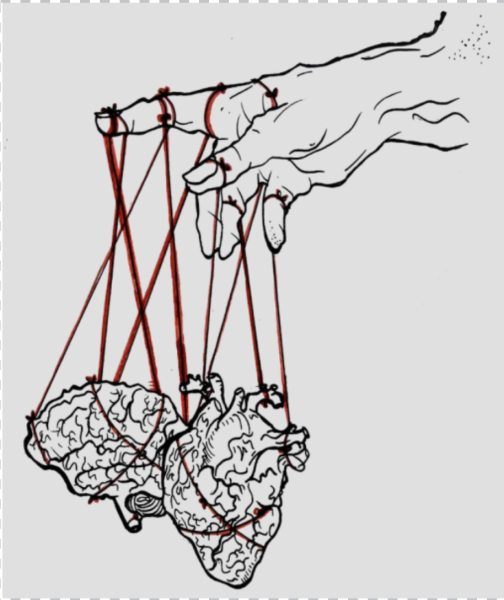Once Upon a Time…
Have you ever noticed how repetitive the books we are reading in English classes have become? Of Mice and Men by John Steinbeck about dreams/loneliness/friendship, Signs Preceding the End of the World by Yuri Herrera about migration/racism/death…. And while these subjects are relevant and important to learn about, we are provided this information only through a very limited form of realistic fiction and biographies. The familiar narrative blends these important stories into a generalized idea of what these experiences are, losing the value the readers might have otherwise found in them.
English teachers are always looking for ways to diversify their curriculum, but they’re bound by their safety nets. These safeguards don’t allow us to dig deeper into the complexities behind these issues, or even the analysis as a whole.
But we could fix that. If we started to filter more fantasy or sci-fi, for example, into the curriculum, we could change the established routine. Not only would this diversify the plots and characters that we study, but it would also provide us with new perspectives and analysis opportunities.
Most of the books provided by the program are commonly of the “realism” genre. The issue with realism is that we forget that literature is an art form. It is never an objective truth, and it never will be, but because we hear the word “realism”, we suddenly believe that it means what we are reading is the reality of our lives. In consequence, it is easier to hold books of that genre higher in value when it comes to evaluating one’s intellect.
This idea often fails us when it comes to thinking about marginalized communities. When the author attempts to write realistically, it is so easy for them to slip into stereotypes or generalization to avoid making mistakes. It happens because they want to show the reality to readers who are oblivious to it, but it takes away the depth of the topic as the complexities become harder to explore. When realism becomes too stifling, why not abandon it as a whole?
“Flowers for Algernon” written by Daniel Keyes, incorporates the themes of science fiction to explore the treatment of the mentally disabled people in the 60’s and the conflict between intellect and emotion. It is written in the form of “progress reports” of a man called Charlie Gordon, who has a mental disability and agrees to participate in experimental surgery which is supposed to “help him to become smarter”. This is where the fictional part comes in as the scientists with whom Charlie cooperates do succeed in this task. Charlie’s intelligence grows, noticeable in his reports with subtle details of him being able to spell more accurately than before. With the complexity of the sentences which Charlie writes, his awareness of the society around him grows, providing him a chance of comparing his previous life to his new “normal” life. The author abandons the idea of realism to create a character with a vision of two entirely different worlds, the oblivion and the realization.
The “Legacy of Orïsha” trilogy by Tomi Adeyemi is another excellent example of a fictional series that would provide enriching analysis opportunities for students, were it to be added to the curriculum. This trilogy takes place in an alternate Nigeria, detailing lighter-skinned monarchs ruling over the dark-skinned maji (those with magic). Adeyemi says, “No one in their right mind can justify any of the atrocities that happen in this book, which is then when I get to rip the mirror off and say, ‘What are you going to do about what is happening in our real world?’ This book is not just a fantasy.”
Adeyemi wrote her trilogy to mirror the BLM movement today – empowering people of color to fight back against the discrimination they are being faced with. In her series, she replaced people of color with the maji, in order to get her message across without the controversy facing the BLM movement today. For example, the term “maggots” was used as a replacement for the N-word, and Adeyemi says that she needed to use this term in order to ensure her readers knew that language isn’t necessarily any less oppressive than a physical attack.
What makes fantasy so important, and what should be considered a crucial edition to the curriculum, is that it allows authors to create a mirror world of issues so that they can dig deeper into them and help readers to understand them better and think about these issues in a different way.
If our school consistently provides us with only “realistic” works, it creates an idea that the valuable books are those that only depict real life. This idea is damaging both writers and readers as well, as it can strangle one’s creativity. Literature doesn’t exist purely to mirror real life: as any art form, it exists to connect people, tell stories about things we might not experience in our lifetimes, give us words to describe something we can’t understand on our own…. It can even be an escape from reality when necessary. So, if there is an opportunity to add some more fantasy, science fiction, etc, to the stories we read, don’t lose it. This might be exactly what you are missing, caught up in a mirage of realism.
It is my third year as an illustrator in the High,

I am an American Year 12 who has always adored anything to do with creativity—writing, drawing, theatre, you name it (although I do warn you that any...


